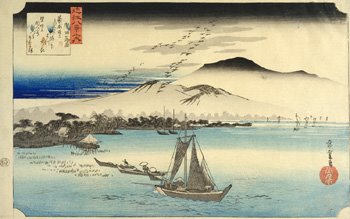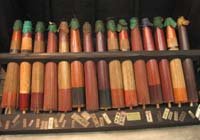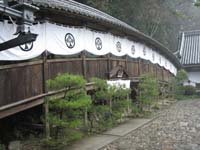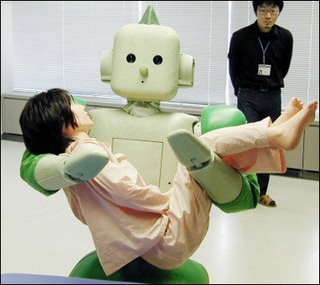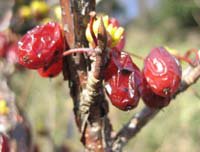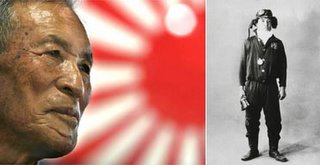PERFUME IN RAINIf you can imagine the beauty of orchards of bursting-blossom plum trees in a strong Spring rain, each tree carefully pruned and tended, all arrayed on green slopes surrounding an establishment that has been growing cherry and plum trees for many centuries, then you are where we went next.
In the continuing delight of heavy rain (Japan shows another side of its beauty in downpours), after our descent from Tachiki-Kannon we decided to visit a place Echo insisted I had been to, but that I insisted I had never been to, which made it all the more interesting. My memory served me well; I had never been there. Either that or I've forgotten that I have selective amnesia. For some reason, Echo had generously included me in her own memory of visits there.
'There' is
Sunainosato [click the index boxes on the left of their page for additional photos], a place of vast, free-access acreage (private property that is both vast and free is rare in Japan) of cherry and plum orchards that has been dedicated to creating Japan's finest traditional sweets since the Edo era, if not longer.
What do cherry and plum blossoms have to do with sweets? The folks at Sunainosato (who all dress in traditional clothing) use the blossoms, leaves and fruits they harvest there for making such traditional Japanese sweets as my favorite,
sakuramochi, cherry-blossom-pink rice paste filled with sweetened bean paste (the only form in which I like it, apart from hot
taiyaki), wrapped in a slightly salty, fragrant and crunchy cherry leaf. The cherry perfume from the leaf stays on your fingers long after you've eaten the delicate mouthful. In Japan, the appearance of a food is at least as important as the flavor. To me,
sakuramochi , with its lingering perfume, epitomizes that quality.
That quality was protomanifest in all the rain-wet tree trunks, stark as black-ink brush strokes in their living, sun-striving angularity. Ordinarily a dull gray, the rows upon rows of trees on this day were lush with wet, their swelling buds a faint pink radiance clouding the green hills around the old style buildings. The buildings themselves are artistically arranged amid well-tended gardens and other orchards, with walking paths leading to all sorts of treasures, not the least of which is the inner sanctum, where all the sweets are on display and the choice is difficult, even for
sakuramochi fans.
Needless to say, we bought
sakuramochi (a box of three) and savored their taste and perfume to the sound of rain among the quickening trees.
Such are the ingredients of life's miracles.
